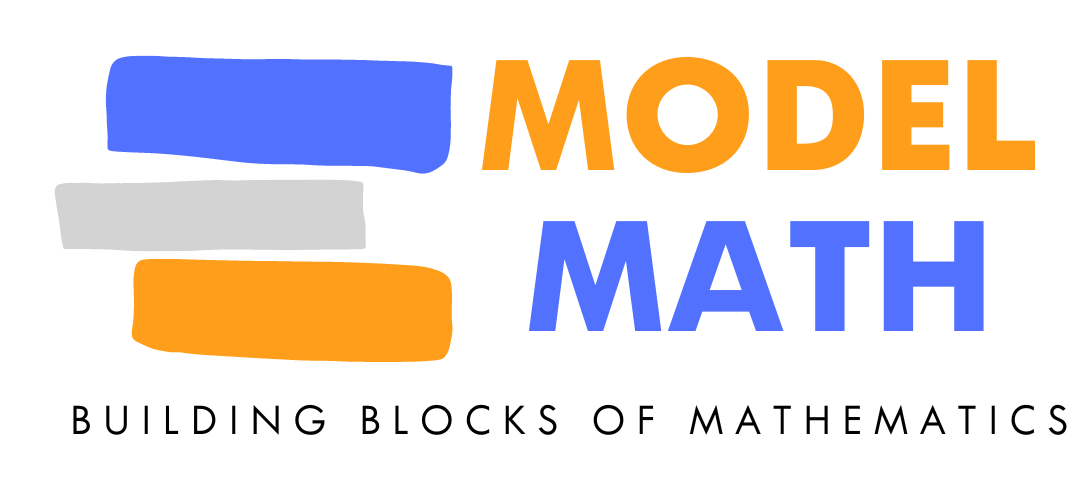It’s hard to understand why Singaporeans lack confidence in maths when Singapore is envied the world over for its maths approach. In 2021, Singapore topped the global benchmarking survey for mathematics and science for the third time since 2003.
But rather than presenting as confident winners, Singapore students came across, surprisingly, as under confident. For example, only one in 10 Sec 2 students reported feeling very confident in learning maths, below the global average.
So why the disparity?
Some hypothesise as to why Singaporeans lack confidence in maths by concluding that it is due to cultural norms that teach us not to boast. Others state that the method of drilling and rote learning may lead to high results but a basic lack of understanding of the topic.
The school exam system of setting tough exam questions in the mock tests, demoralises students instead of encouraging them to study harder.
Some parents have reported that their children were so demoralised by maths through the exam experience that even though they received A grades in the real exam, they chose a different education path that avoided maths. They had become so demoralised through the knocks to their confidence received in the learning process. It’s no wonder why Singaporeans lack confidence in maths.
Why Singaporeans lack confidence in maths may also be due to the way students are also conditioned through these exam experiences to believe that success is beyond their control and reach, and the feeling then is why even try.
A call for approaches that motivate
For any goal to be reached, it should be perceived to be attainable. When questions are placed in exams designed to trick and deflate, demotivation can set in. Belief that success can be attained is eroded and, with it, the motivation to continue learning.
Continuous feedback
Students also need to feel they are doing well and staying on track. So teachers should be providing their students with regular updates on their progress and alert to learning difficulties that need extra study practice. This way, students can also assess whether the inability to solve a particular problem is the result of a lack of ability or the difficulty level of the question. This awareness will help them to manage their confidence levels and keep motivation to learn high.
We need to balance the achieving of good results with the means by which these results are achieved so as to develop confident, motivated learners. This is our mission at Matrix Math.
Ask about our courses today




